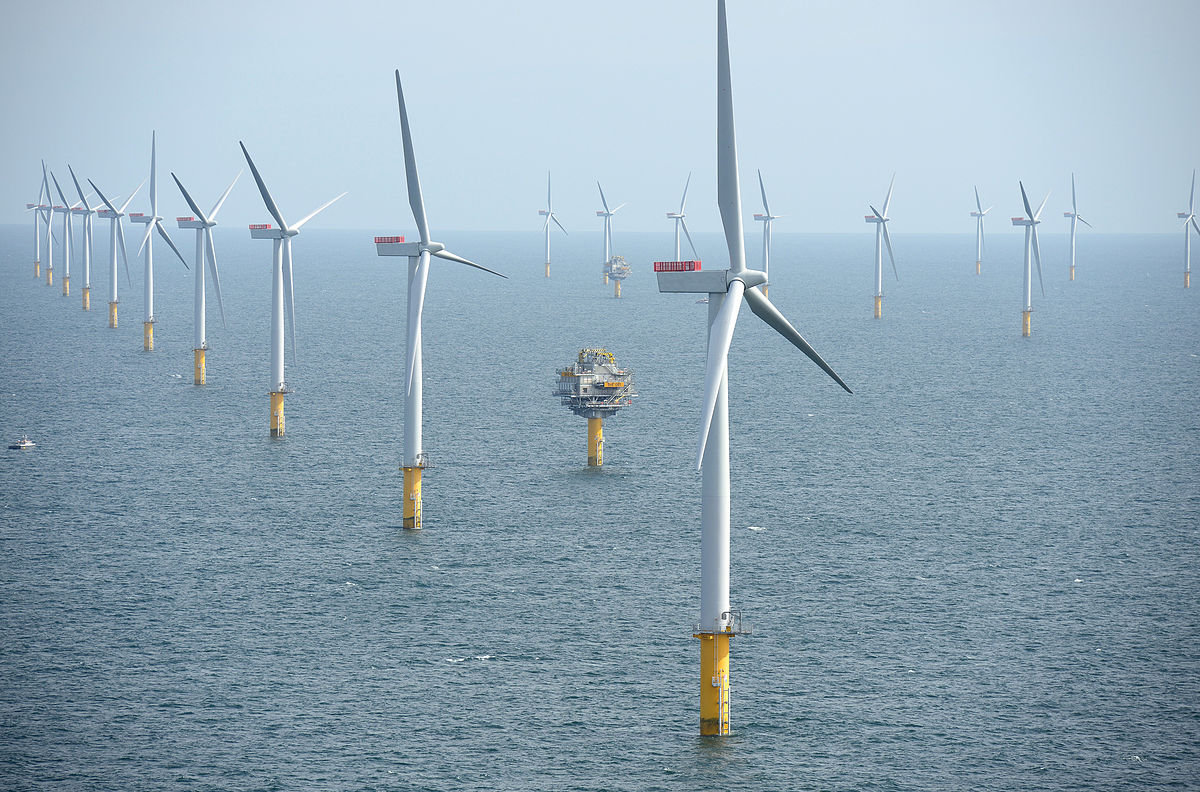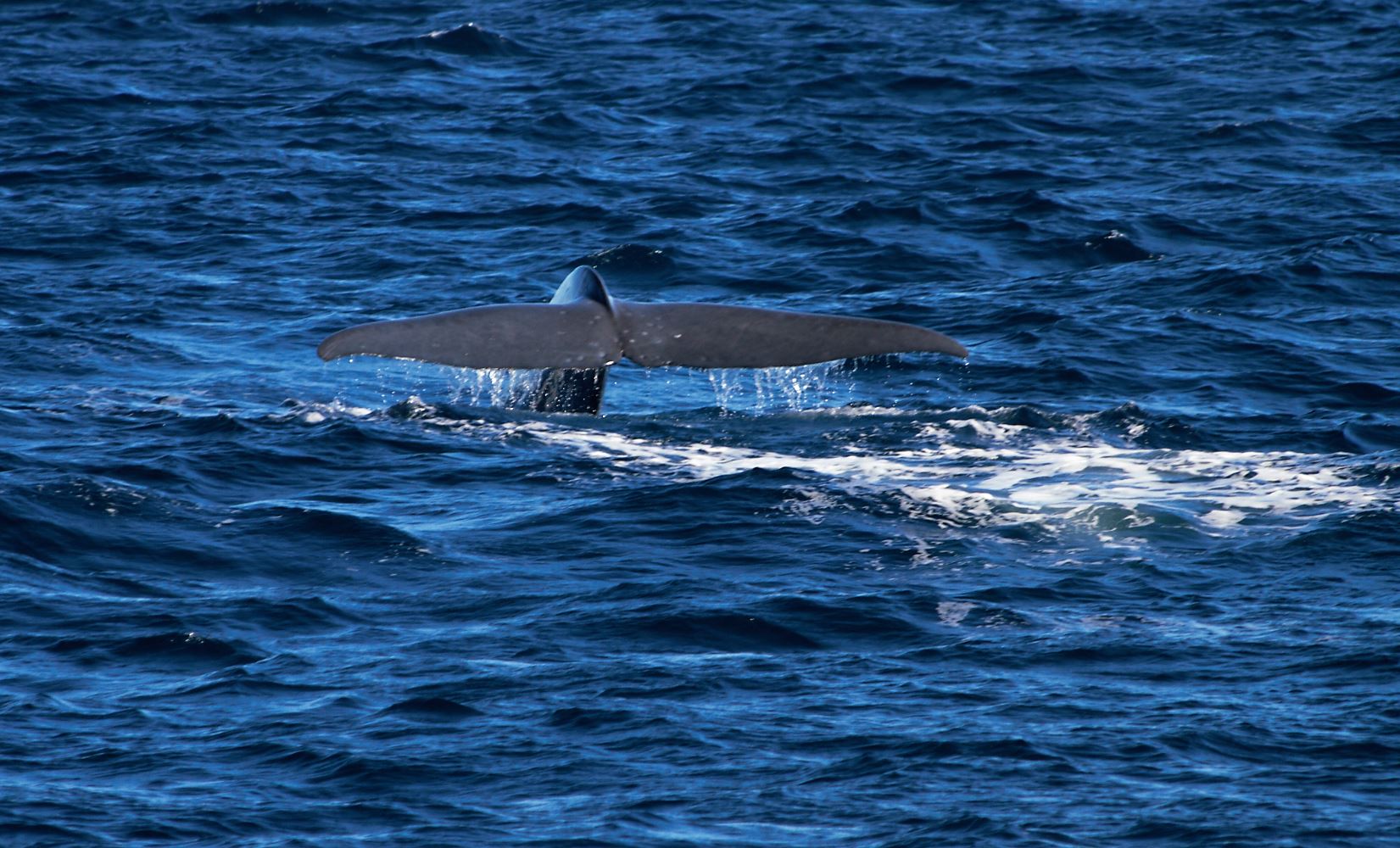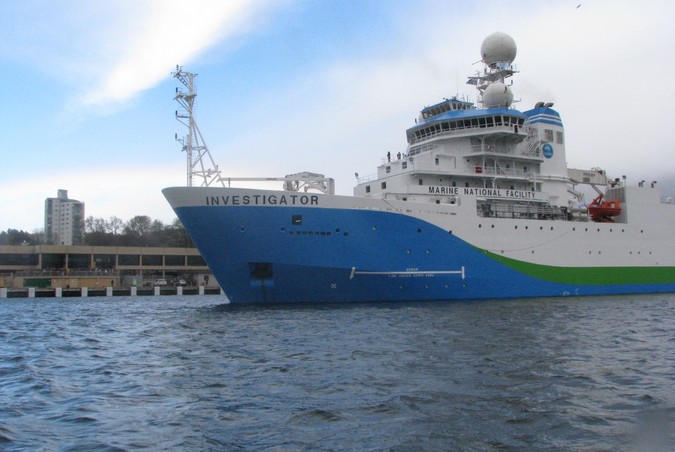
Moves to explore and drill for oil and gas in the Great Australian Bight highlight the need for Australia to develop a sustainable offshore energy planning model, scientists say.
“If BP had proceeded with its exploration drilling program in the Great Australian Bight, this would be a red hot topic right now,” says Flinders University Professor Corey Bradshaw.
“Therefore, it’s time to address these complex planning issues before something of that magnitude does happen.
“The offshore energy sector is growing rapidly, making our oceans a highly competitive space, crowded with myriad business and ecological interests,” he says.
The need to build a robust offshore energy planning model is more advanced in the Northern Hemisphere, with wind energy, oil and gas, fishing and environmental interests often at loggerheads.
“Australia also urgently needs to apply this knowledge. Without a solid grounding in marine spatial planning, few economic plans for using the ocean for energy generation or extraction go very well,” says Matthew Flinders Fellow in Global Ecology Professor Bradshaw.
“If developers just go through the normal channels of obtaining permits, they soon find out the hard way that many other ocean users might not agree with them.”
There are very anxious questions about who has right of way with fierce competition for use of ocean space between oil and gas drilling rigs, offshore renewable energy operations such as wind turbines, and fishing and environmental preservation concerns.
“Many people in this sector are competitive, angry and needing guidance,” says Professor Bradshaw.
“There is a long history of these types of dispute on land, but the issue is now even more intense at sea where no-one truly knows who owns what.
“What trade-offs are required to make sure there are multiple beneficiaries? How there can be co-operation within the same waters? Can different interests co-exist?”
These are questions examined in a new book, Offshore Energy and Marine Spatial Planning, which seeks to “identify how we can achieve a better outcome for all”.
Offshore Energy and Marine Spatial Planning (published by Routledge, available in hardback and eBook) – edited by Professor Bradshaw and Dr Katherine Yates – examines the combined ecological, economic, legal and social implications of the spacial conflict in oceans.

This is a subject that is attracting a growing field of specific expertise, and has important future implications for Australia, says Professor Bradshaw, who edited the book with Dr Katherine Yates, who spent many years working in Adelaide and now lectures at the University of Salford in England.
The experts in global ecology and conservation are concerned by the absence of effective planning and co-operation among offshore stakeholders in the Australian scene.
“This area of planning is screaming to be done more methodically in Australia,” says Professor Bradshaw.
“Once you add the very disparate interests of legal, biological, economic, sociological and planning issues wrapped up in the one debate, it grows in complexity and confusion,” he warns.
The book’s 16 chapters focus on the direct and indirect impacts of all energy-generation types (wind, wave, tidal, oil, and gas) on marine environments, and how to do effective spatial planning of the ocean for energy generation, or extraction.
Beyond discussing biology, it also examines a hotbed of divergent values, views and aspirations at the core of marine planning issues.
By covering the governance, legislation, monitoring, permitting, construction, operation and planning aspects of an ocean activity that involves energy extraction or generation, the book highlights the need for all involved parties to accept that compromises are inevitable.
The new book also shines a light on the lack of current knowledge about the long-term effects that different development pathways will have on marine biological communities. However, the holistic philosophy of marine spatial planning makes these uncertainties far less of an impediment.
“By implementing the approaches outlined in this book, any developer will find that doing things right will not only smooth the way towards a social licence to operate, but also ensure that the activities are as sustainable as possible and maximise the co-location opportunities of multiple ocean users.”


